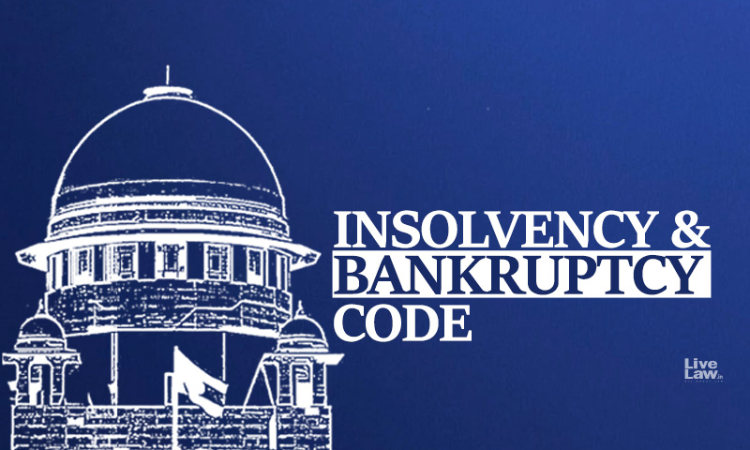IBC| Time-Barred Recovery Certificate Can Be Segregated From Composite Claim Under Section 7 : Supreme Court
Pallavi Mishra
26 Oct 2023 12:23 PM IST

Next Story
26 Oct 2023 12:23 PM IST
The Supreme Court has held that in a composite application filed under Section 7 of the Insolvency and Bankruptcy Code, 2016 (“IBC”) based on several Recovery Certificates issued by Debt Recovery Tribunal, if any of the Recovery Certificate(s) is barred by limitation, then the same can be segregated from composite claim. However, as the decree (Recovery Certificate) would still be alive,...
